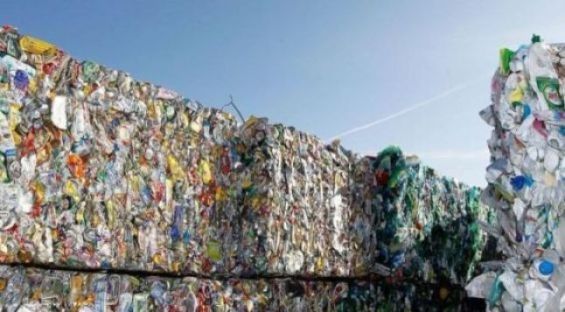The Ministry of Energy Transition and Sustainable Development has clarified that the importation of non-hazardous waste into Morocco is strictly regulated by both international and domestic laws.
The Basel Convention on the Control of Transboundary Movements of Hazardous Wastes and their Disposal, ratified by Morocco, provides the overarching framework, while specific domestic legislation, such as Law 28.00 and Decree 587.17.2, outlines detailed procedures and requirements.
Addressing recent media concerns, the Ministry emphasized that Morocco's import of non-hazardous waste, including plastic, ferrous materials, and torn rubber wheels, is part of a broader strategy to promote a circular economy and reduce reliance on raw materials. These imports are carefully regulated to ensure that they meet environmental standards and contribute to domestic industries.
The Ministry highlighted that Morocco prioritizes imports from European countries with advanced waste management systems to guarantee the quality of the imported materials. A rigorous authorization process, involving the submission of detailed documentation and expert review, is in place to ensure that only waste suitable for recycling and reuse is allowed into the country.
The Ministry also noted that the recycling of non-hazardous waste has significant economic benefits, including job creation, reduced energy consumption, and improved trade balance. Morocco's commitment to sustainable waste management aligns with its broader goals of economic development and environmental protection.





 chargement...
chargement...













